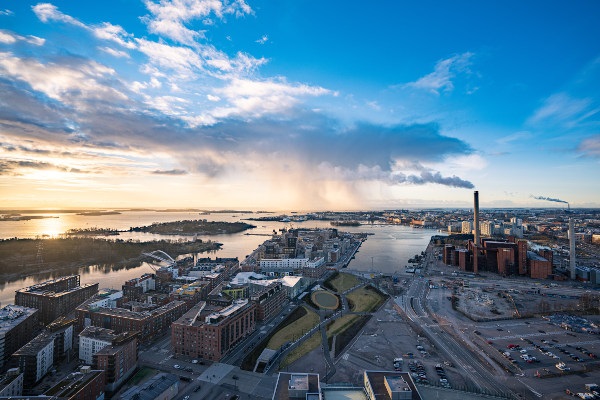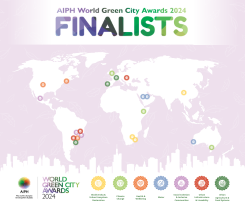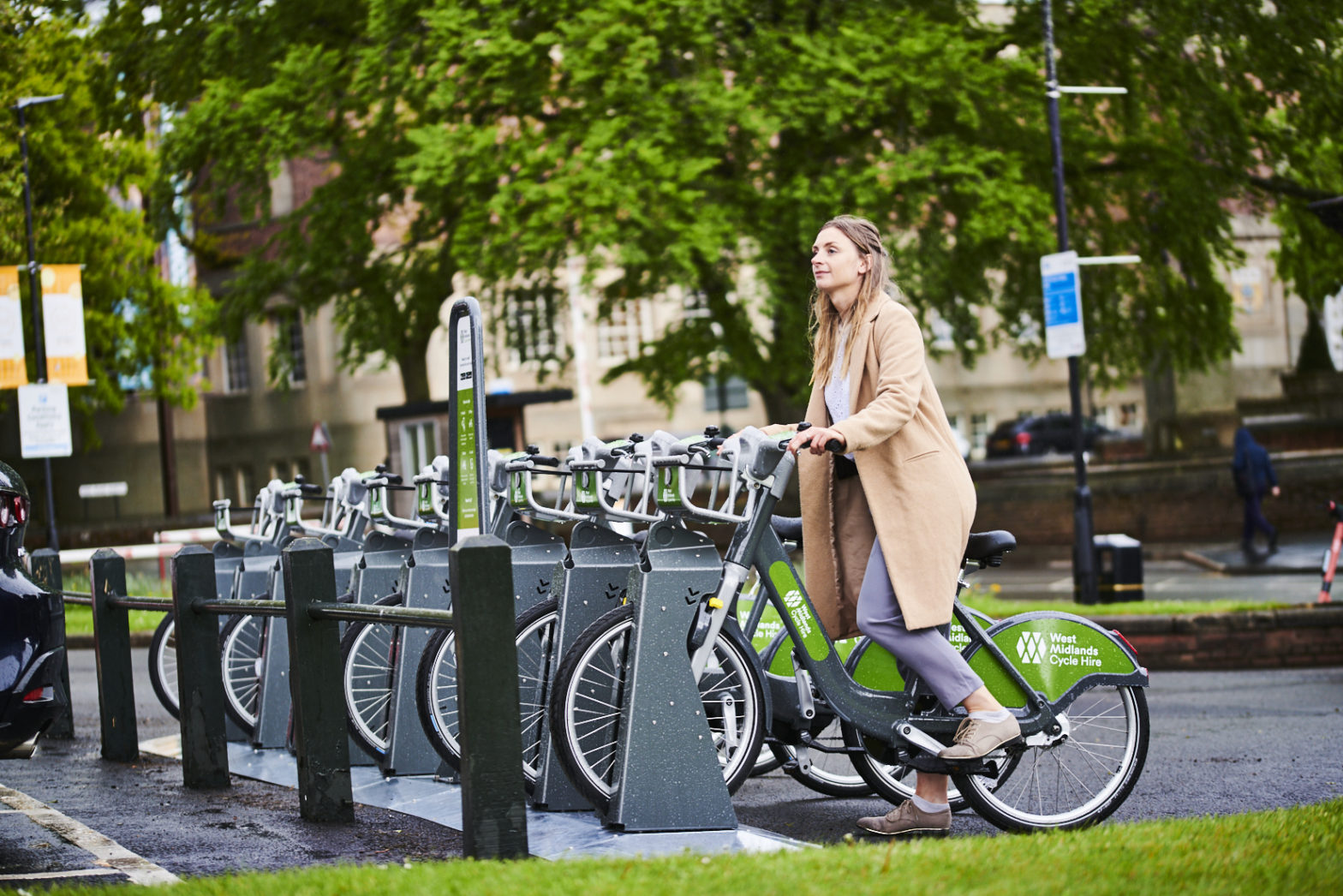
Photo: Janne Hirvonen/City of Helsinki
Helsinki updates carbon reduction plan as progress ‘too slow’
25 August 2022
by Sarah Wray
Helsinki has introduced new measures on mobility, construction and energy after finding it was not on track to reach the target of carbon neutrality by 2030.
The Helsinki Board this week approved updates to the Carbon-neutral Helsinki programme, which was launched in 2018 to cut direct emissions by at least 80 percent by 2030 (from 1990 levels), and to offset the remainder. The original goal was 2035 but this was brought forward.
By 2021, emissions had been reduced by 33 percent but Kaisa-Reeta Koskinen, director of the emissions reduction programme, told Cities Today that on the current trajectory, emissions would only reduce by 69 percent by 2030.
“The emissions development is in the right direction but far too slow,” she said. “In order to achieve the objectives, more effective and determined action is needed. The city is strongly committed to the climate objectives, and they are taken seriously. We must now prioritise effective action.”
The new plan includes implementing demand-controlled ventilation in city offices, using low-emission concrete in infrastructure projects, replacing outdoor lighting sources with LEDs, and developing regional heating solutions.
Transport is a particular priority as the city found that emissions targets “have not been met in many respects and will not be met with the current measures”.
Koskinen said a study to find ways to further reduce transport emissions will begin soon with results expected by the end of the year.
The Board also put forward an additional action to lower the internal temperature in city-owned buildings when possible.
Previously, the Carbon-neutral Helsinki programme was evaluated and updated once every four years, but this will now be done annually as part of the budget process. This approach is an emerging trend in cities around the world.
Copenhagen misses the mark
This week Copenhagen’s mayor Sophie Hæstorp Andersen announced that the Danish capital will not become carbon neutral in 2025, an ambition announced in 2009.
She said the reason was that the Amager Resource Centre (ARC) incinerator is unable to set up a full-scale CO2 capturing plant in time, which would be essential to reaching the goal. According to reports, ARC abandoned a bid for state aid to build a carbon capture plant as it did not meet certain eligibility requirements.
Andersen said the city is on track to achieve an 80 percent emissions reduction by 2025 from 2010 levels.
She said: “This goal has brought many positive things with it, and it has been an invaluable driving force for the green transition of our city, including more metro, more cycling, the conversion of our buses to electricity and hydrogen and much more.”
“We are not sitting on our hands,” she added.
“We keep on working hard. For Copenhagen must be at the forefront of the climate agenda. We shouldn’t just be climate neutral, we need to be even more ambitious. It is my vision that Copenhagen contributes positively to the climate account – at the latest in 2035. This is the goal we need to act [on] and navigate towards.”
She said it is “fully realistic” that there will be a full-scale CO2 capture plant within a few years.
Through a European Commission project, 100 cities including Helsinki and Copenhagen have pledged to become climate neutral by 2030. They will develop ‘climate city contracts’, which will include an overall plan for climate neutrality across sectors such as energy, buildings, waste management and transport, together with related investment plans.










